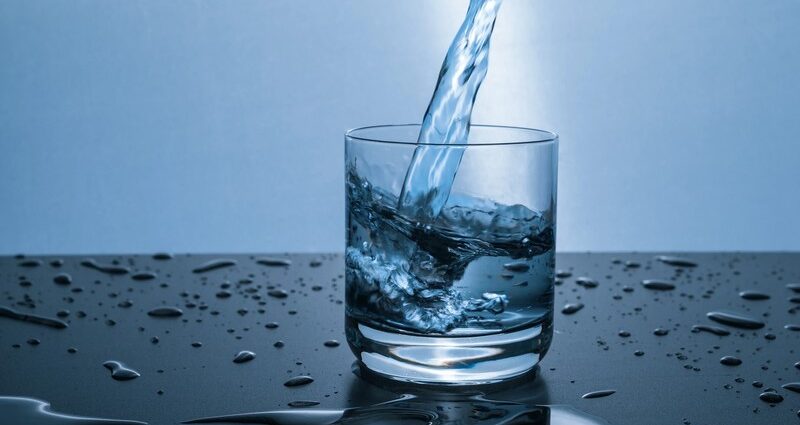Water softeners have been a point of debate regarding their effects. There are misunderstandings, about their impact often causing confusion about their sustainability. In this article we aim to dispel misconceptions and shed light on the environmental implications of water softeners. Furthermore we will discuss how modern hard water treatment technologies are evolving to be more environmentally friendly.
Misconception #1; Water Softeners Lead to Water Wastage
A misconception is that water softeners waste amounts of water during the regeneration process. While older models did consume amounts of water for regeneration newer water softeners are designed for efficiency. Utilizing technologies like demand initiated regeneration and high efficiency resin these modern systems minimize water usage by regenerating when necessary and using less water per cycle.
Reality; Modern water softeners are built with a focus on optimizing water consumption to reduce waste and preserve this resource. Through regeneration methods such, as metered and time based regeneration these systems operate effectively ensuring minimal wastage during the process.
Myth #2; Water Softeners and Environmental Impact, from Salt Discharge
One common misconception is that water softeners are harmful to the environment because they release salt brine into wastewater systems posing a threat to ecosystems. Although traditional salt based water softeners do use salt to regenerate resin beads technological advancements have introduced features that save salt and alternative solutions.
Truth; Modern salt based water softeners incorporate technologies that conserve salt, such as metering and brine reclaim systems reducing salt usage and discharge. Moreover eco friendly options like salt systems and template assisted crystallization provide alternatives that eliminate the need for salt entirely.
Myth #3; Energy Consumption of Water Softeners
There is a belief that water softeners lead to energy consumption as they require electricity to function. While its accurate that water softeners use electricity for components like control valves and pumps their energy consumption is relatively low compared to household appliances.
Reality; The energy usage of water softeners is minimal in comparison to appliances such, as refrigerators or washing machines.
Additionally the latest water softener designs include energy saving features, like low power standby modes and efficient control systems, which help minimize their impact on the environment.
In conclusion advocating for eco water softener solutions is crucial. It’s evident from our discussion that there is a misconception surrounding the effects of water softeners. While older models may have had drawbacks related to water and salt consumption, contemporary technologies, in water softeners are actively addressing these issues. Through the adoption of regeneration processes reduced salt usage and softening techniques todays water softeners are increasingly environmentally friendly.
As consumers it’s vital to make choices by selecting water softener systems that prioritize sustainability and environmental stewardship. By opting for eco water softener solutions we can enjoy the benefits of softened water while safeguarding our planets well being.

